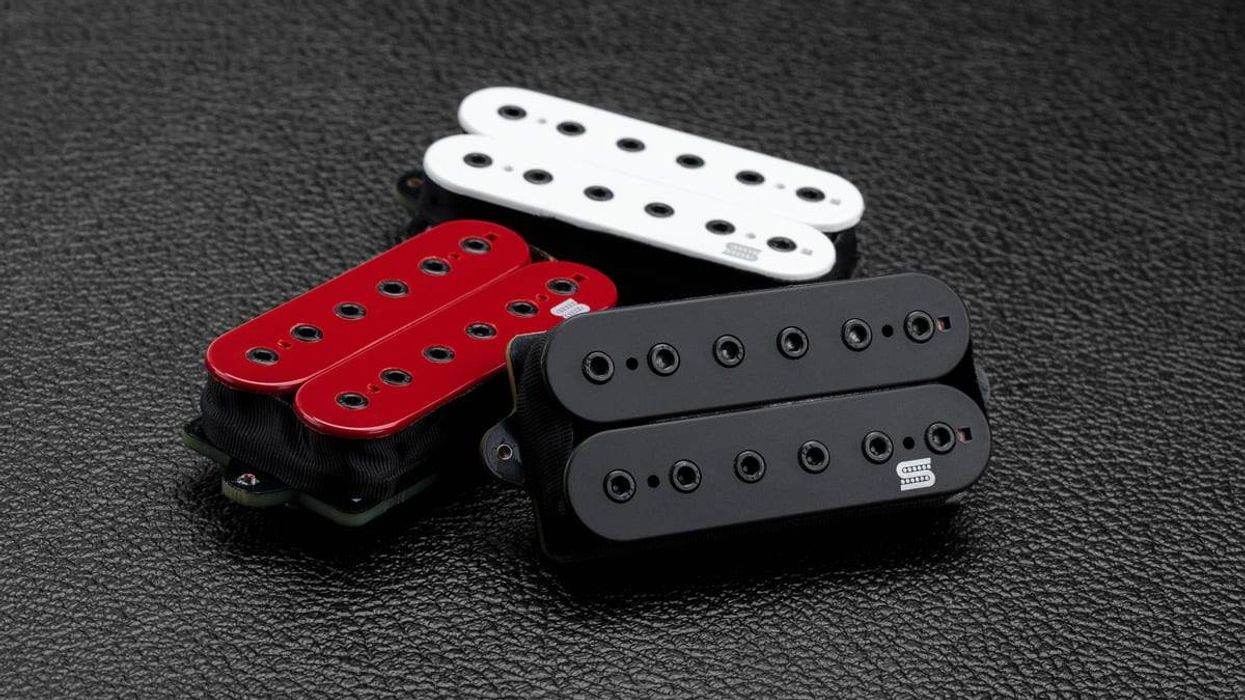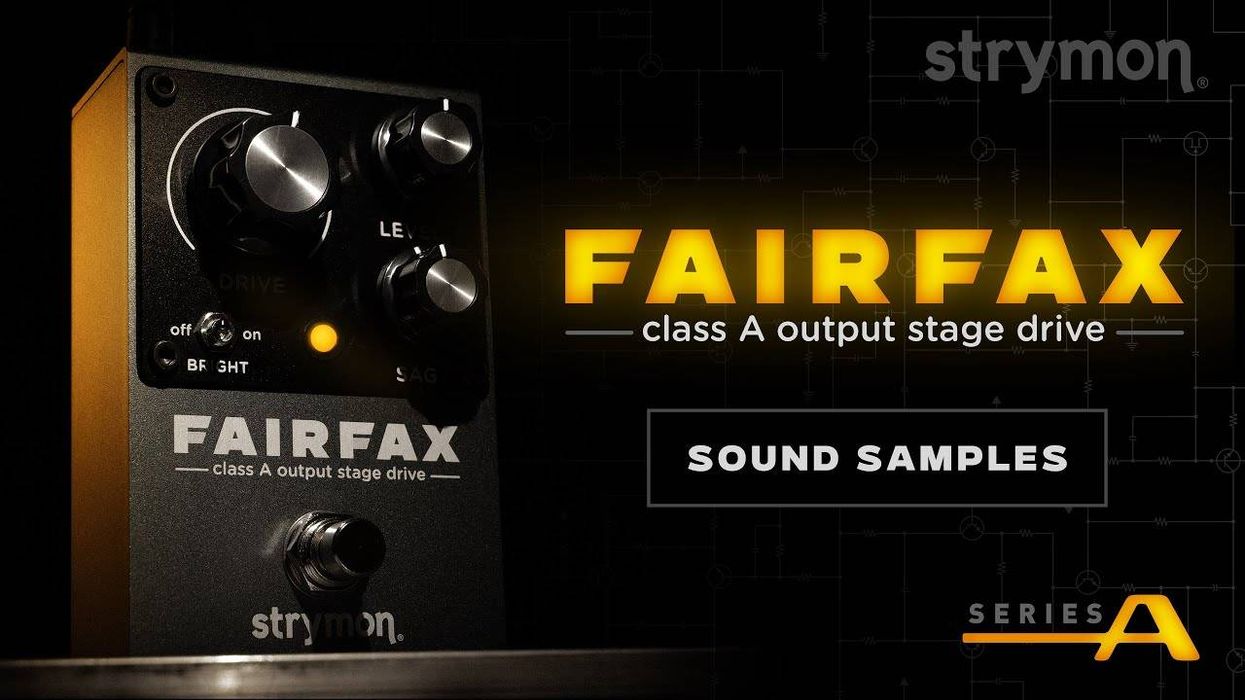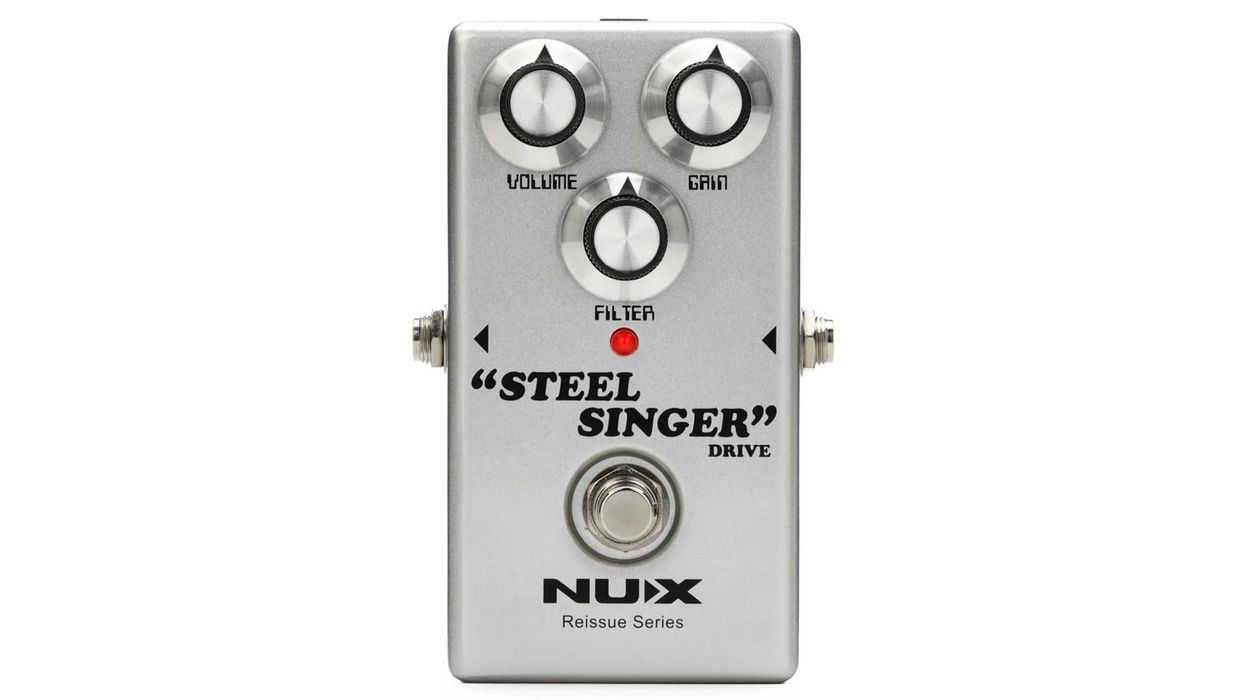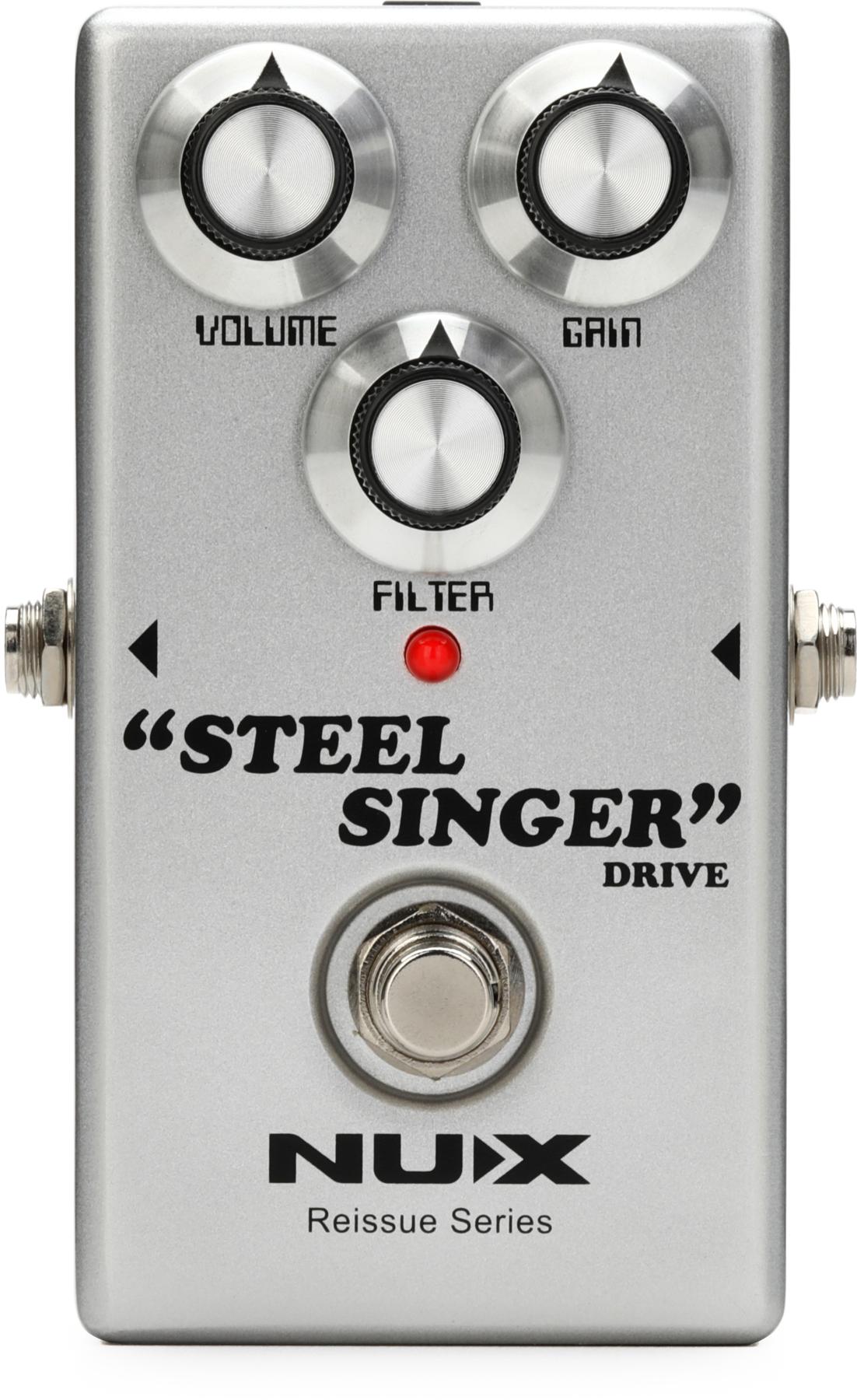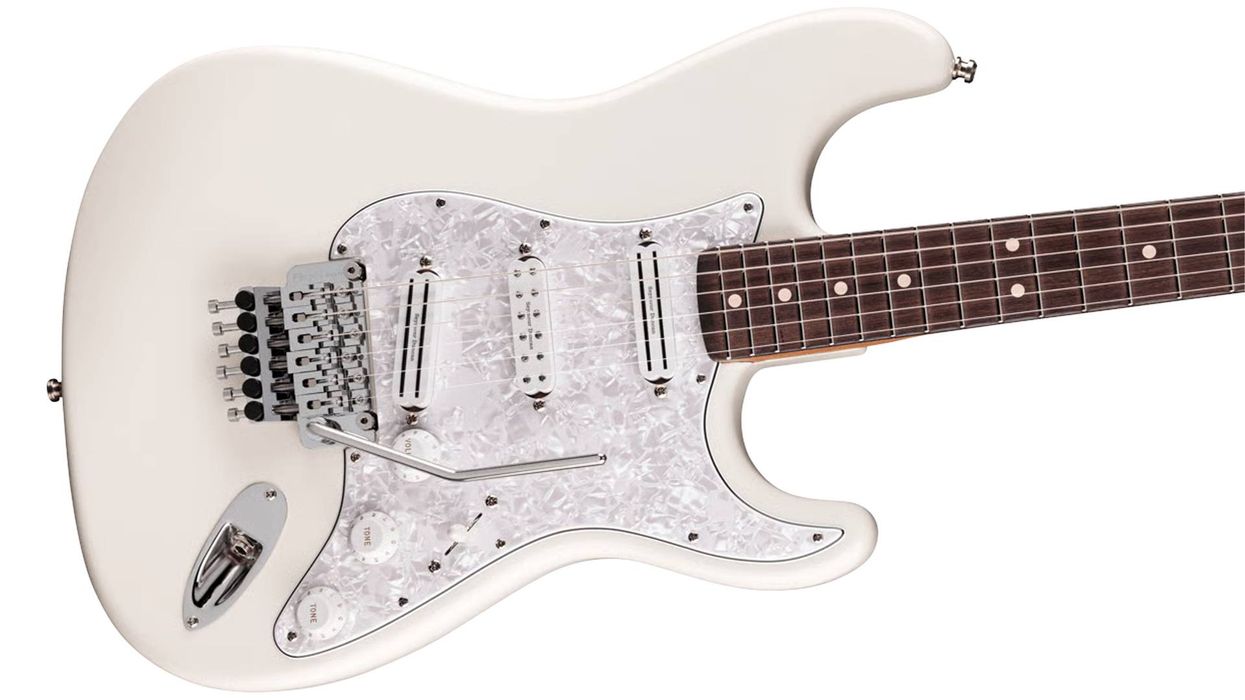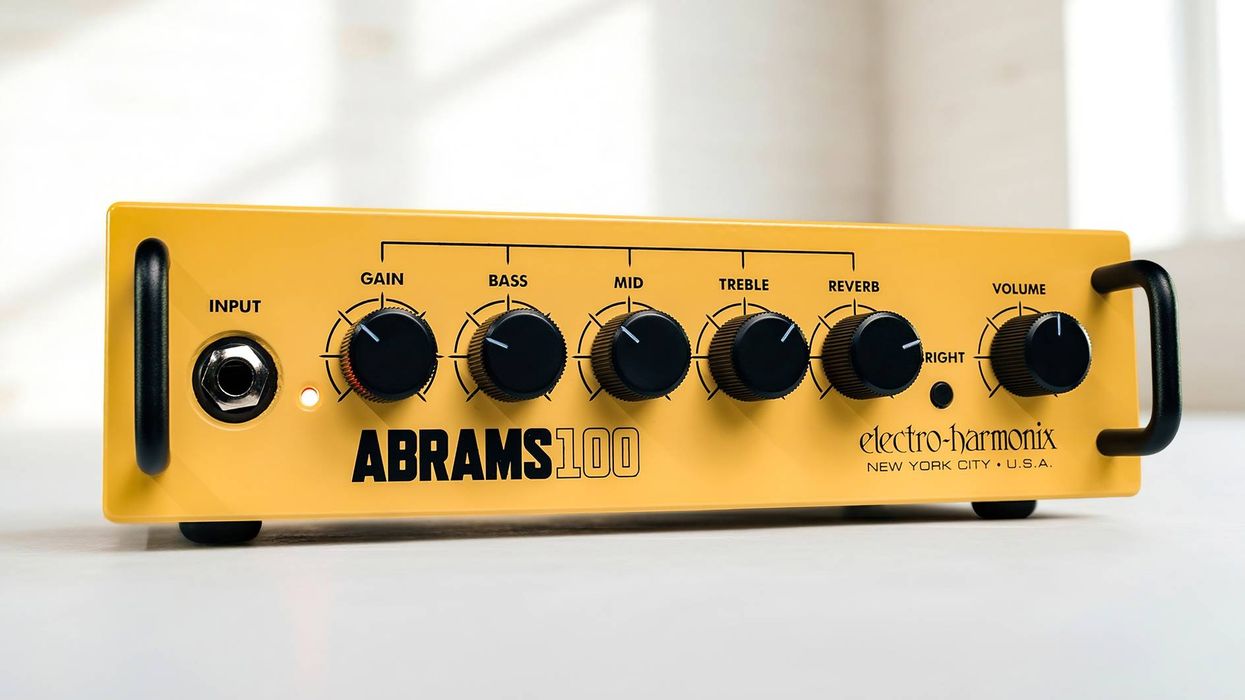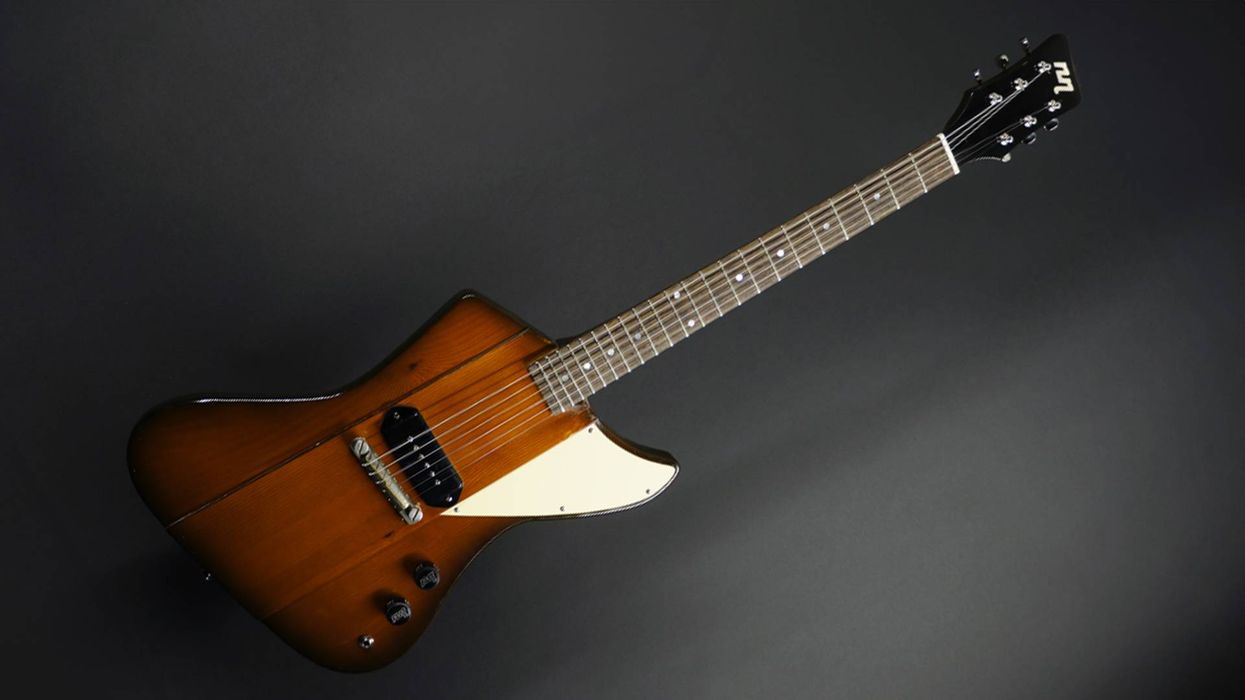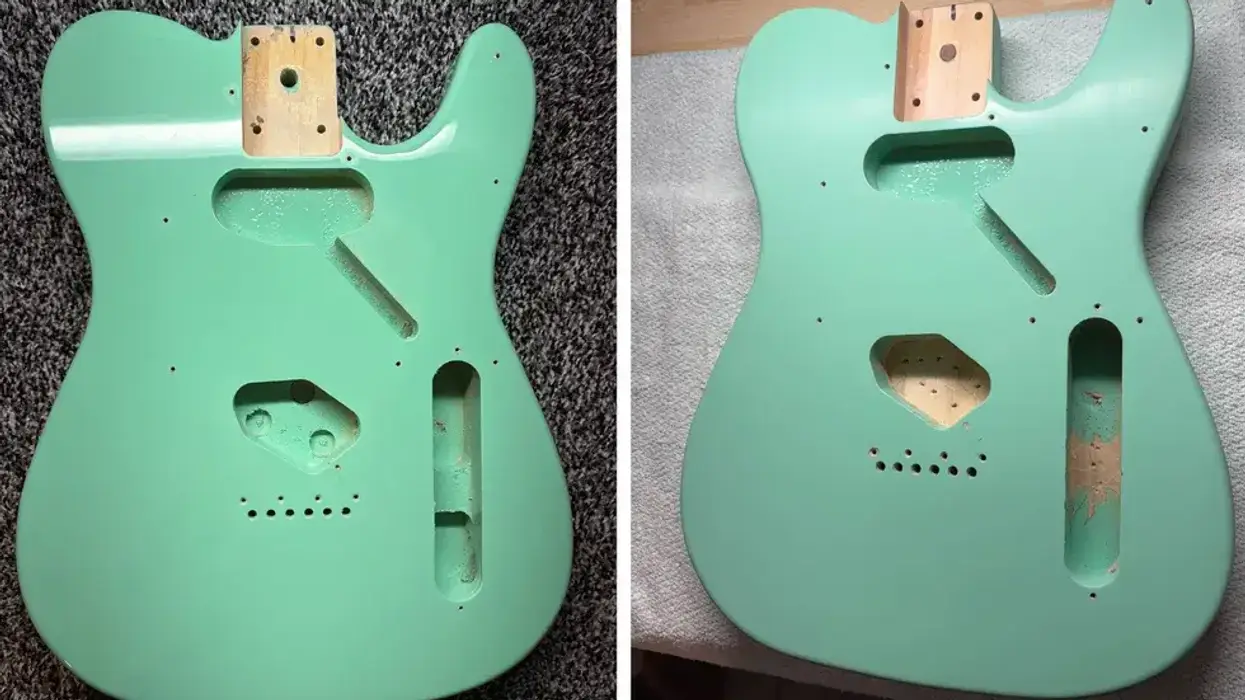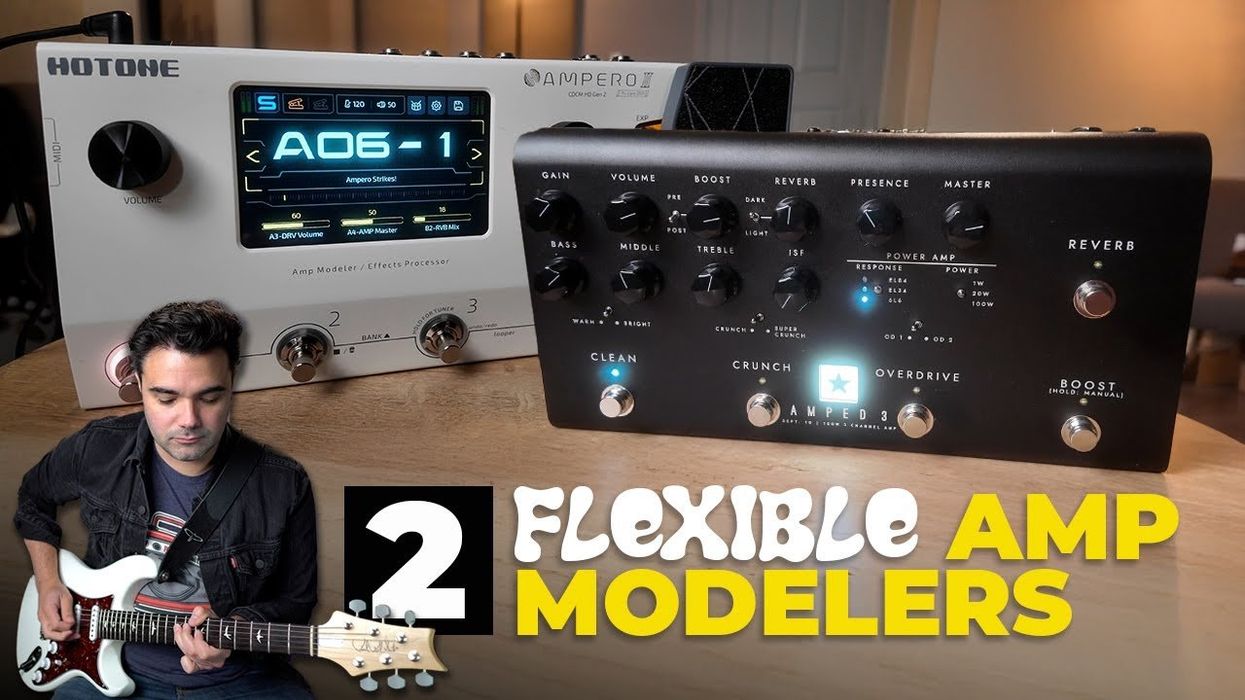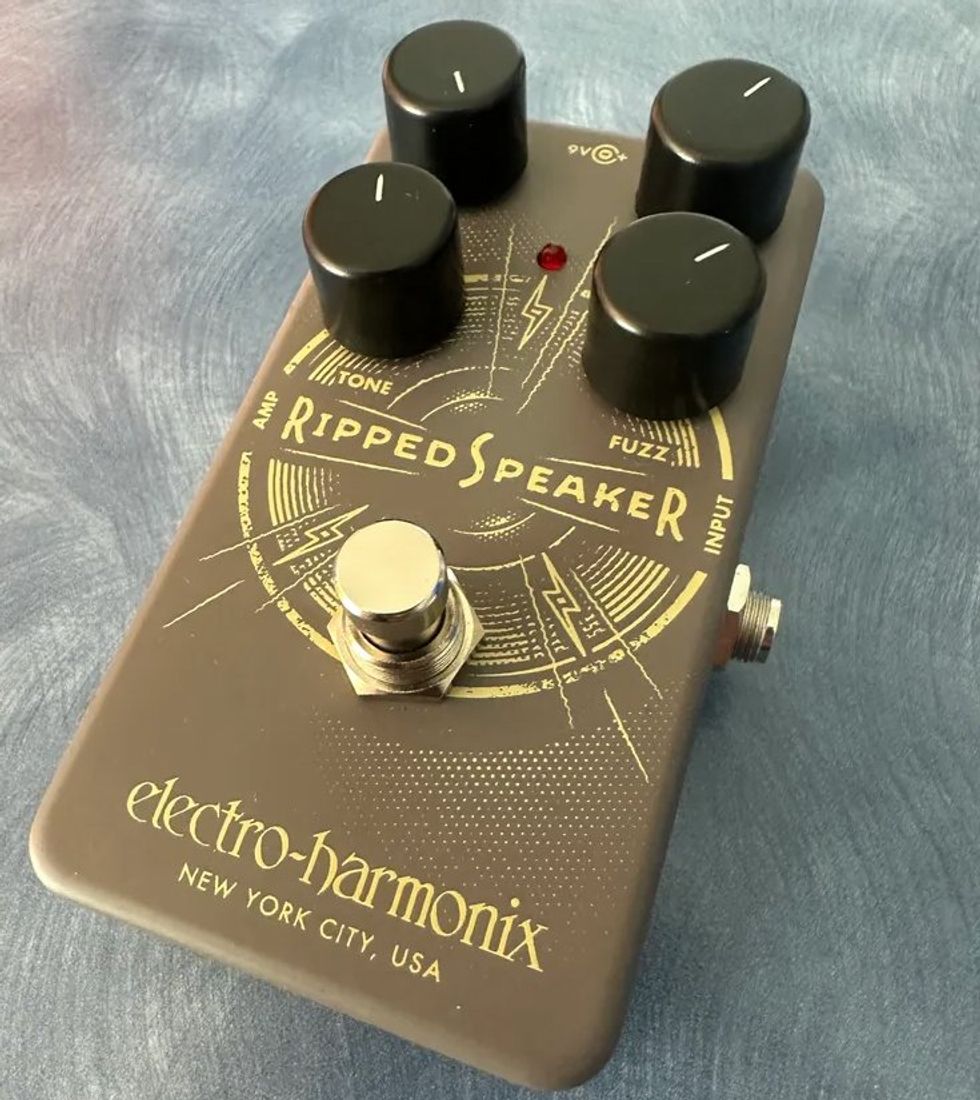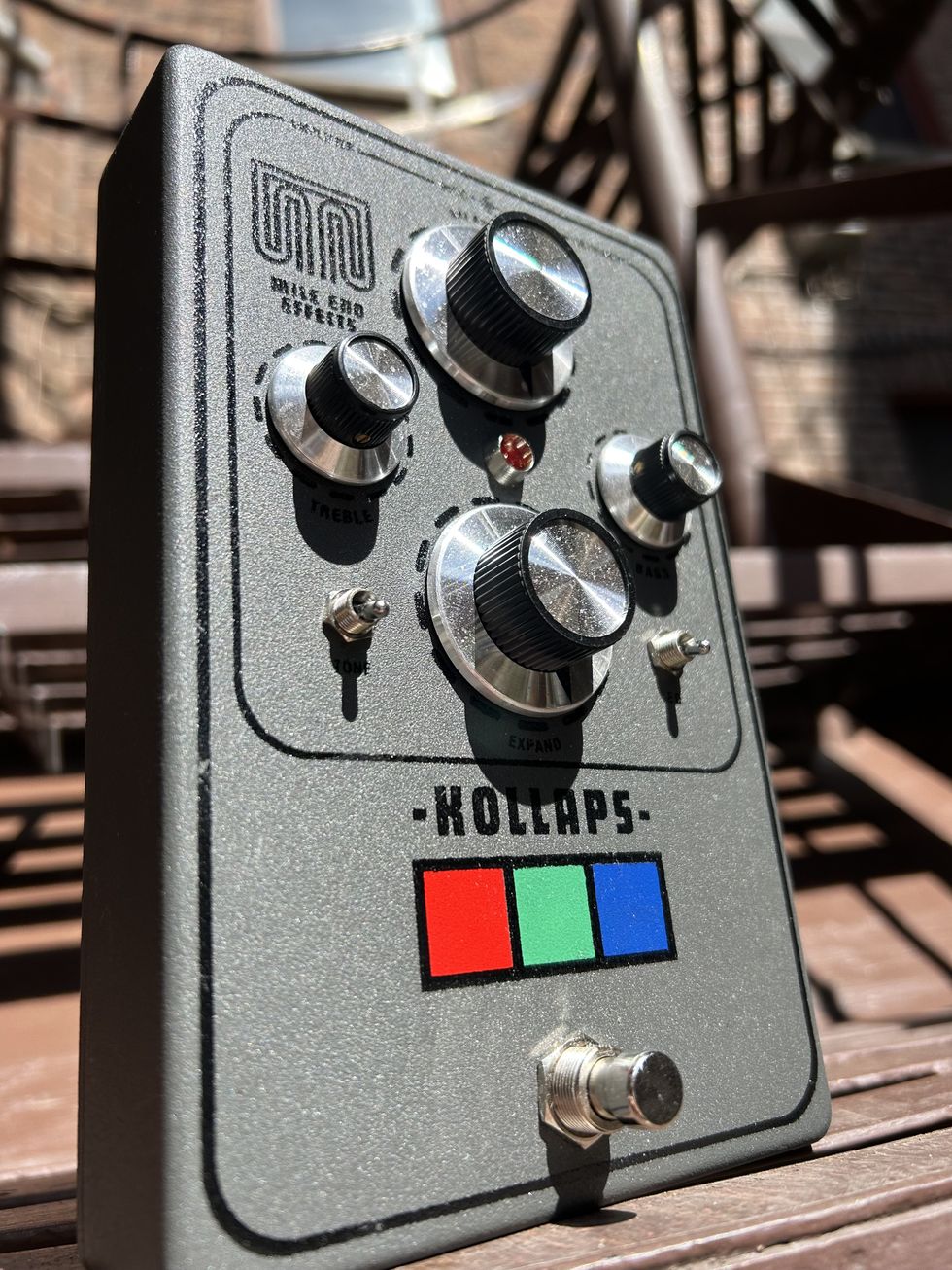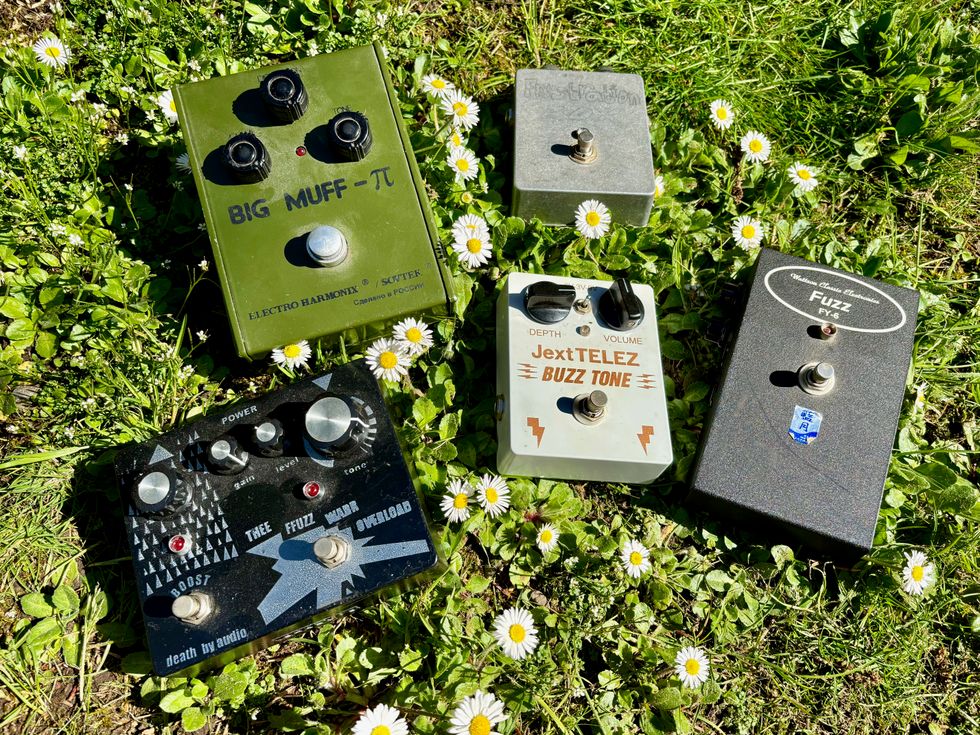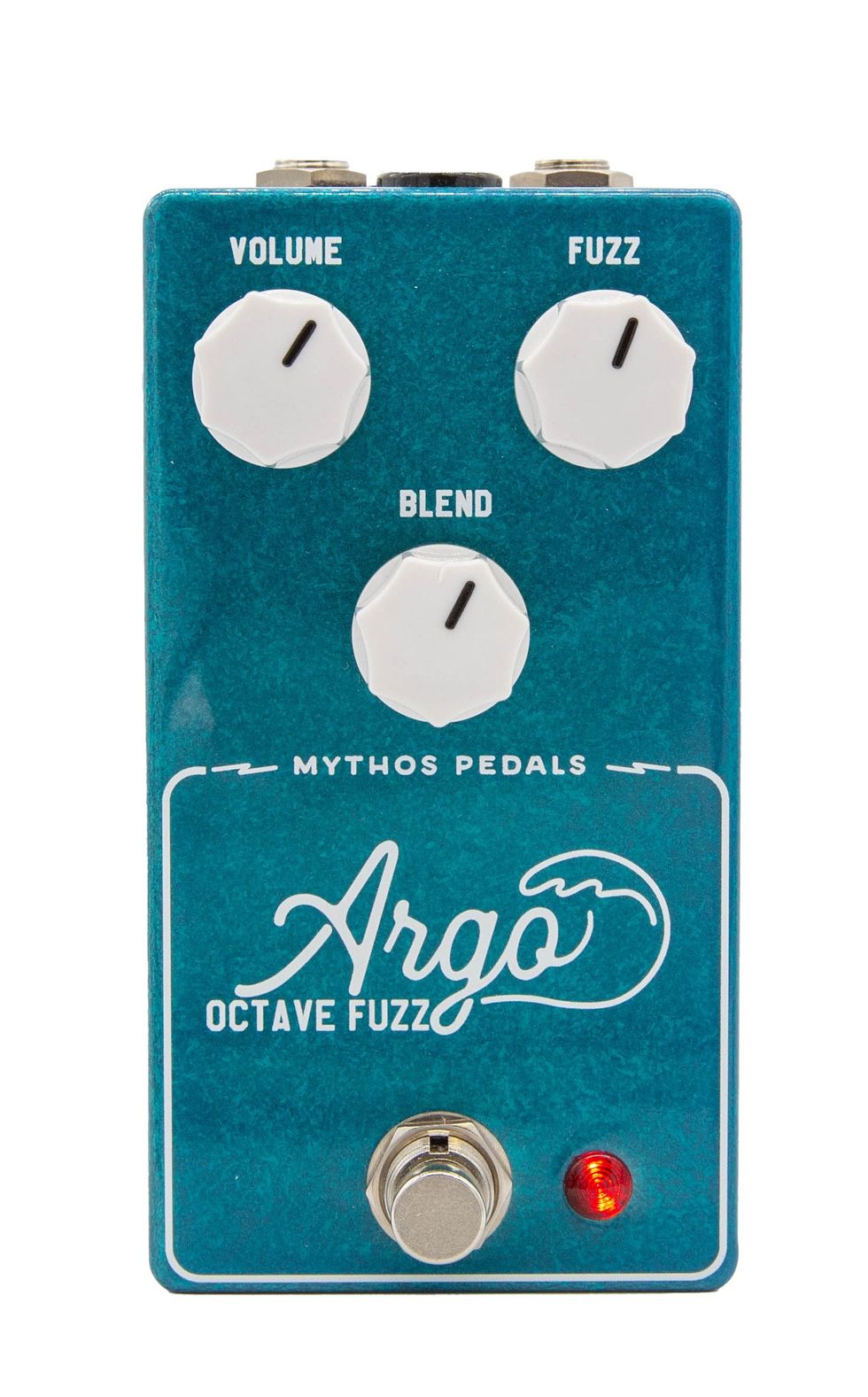I’m Brady. I make pedals.
I’m not the most technically proficient candidate to write about why guitar pedals do what they do or how tweaking a particular component gives you a different result. But over the last few years, the doors have opened on how guitar pedals can be used—alone or in conjunction with other pedals—to create the sounds that I want to hear. And I’ve been trying that out, testing those boundaries, relative to the style of playing I like, or what comes naturally to me.
So, I guess that’s why I’m here. Honestly, I’m probably not great at advice either, but I can have a conversation. And that’s what this is: my thoughts in a public forum about the social science of creativity in the vein of guitar and guitar pedal-related things. (Already, I ramble.)
Change the channel? I have a friend. This guy plays guitar better than me, is skilled enough to play a number of different genres, has good taste in music and a great sense of humor, and is by far the most practical person I know. I spent numerous days in his workspace before noticing that he only listens to the local sports talk radio show. I get it—he likes sports. We live in a college football town, and Oklahoma City has garnered a lot of interest with their relatively new NBA team, the Thunder. So sports talk gets his gears going—no problem with that.
He never listens to music. How can you play music and not like listening to music? It doesn’t compute for me, like a guitar builder who doesn’t know how to play guitar. I. Don’t. Get. It. So I asked him why he doesn’t listen to music. His response changed the way I process recreational listening in relationship to the music I want to create: “If you isolate yourself from others’ music, you limit their influence over you. Your own ideas come forth, and your true influences come to the surface. What is popular in that moment won’t affect you.”
That’s it. That’s what this is about. Letting your brain rest. Finding inspiration from things other than your favorite music or the latest listen. That was hard to do at first. It still is in some ways.
I get in funks. The same melody runs through my head for weeks at a time. Sometimes I pick up the guitar and play the same rhythmic progression I’ve had in my repertoire for the last 10 years. And I’m stuck—it’s all that will come out. Then I continue to force engagement with something un-engageable, producing nothing usable, or I put down the guitar, done for the day. Neither of those is a great option. There’s an argument to be made for pushing in—digging deeper and forcing something out. But not here. Not now.
What you put in is what will come out … sometimes. I listen to a lot of music. When I’m sitting at a desk building pedals or at a computer, my ears pine for something auditory, preferably new and possibly familiar. I have to support the monotonous building or email writing with something that keeps the unused parts of my brain busy, but it can be too much. It can stifle whatever new ideas are lurking in my subconscious and replace them with something I just heard, or have heard many times. To take note from the current Sam Smith/Tom Petty mini-controversy of subconscious songwriting, sometimes what you put in is what comes out.
For example, if I know I’ve got a video shoot for a pedal or songs to write, I cut out listening to music—especially music I wish I’d written. My ears pretty much take on a strict regiment of talk radio. And it helps. When I pick up a guitar and try to create, it usually feels refreshing and inspiring. I feel I’m in the right headspace.
So what do you do? I guess take a break, stop listening to music for a bit. Turn on talk radio. Download one of millions of podcasts. Get a book on tape. Listen to anything void of a melody to give your brain time to clear out, regroup, and refresh. Or sit in silence. Take a deep breath. Escape the noise. That works too.
Yeah, well, you know, that’s just, like, your opinion, man. I realize what I’m saying here. And blocking out music is probably not the easiest thing to do if you’re currently reading this publication. Ignore music to make better music—could that be a thing? An actual, helpful thing? I think so. There are a lot of ways to find new inspiration. Music is just one. Movies, books, nature, people, pets. Try those too.
But I don’t know much. I don’t know if this advice will do you as much good as it’s done me. I’m not an expert on ignoring music either. That could be why I’m here. Making pedals. Avoiding being technical. And thinking about stuff.


